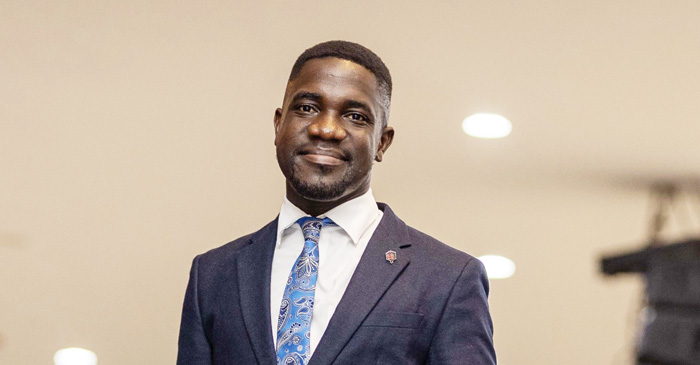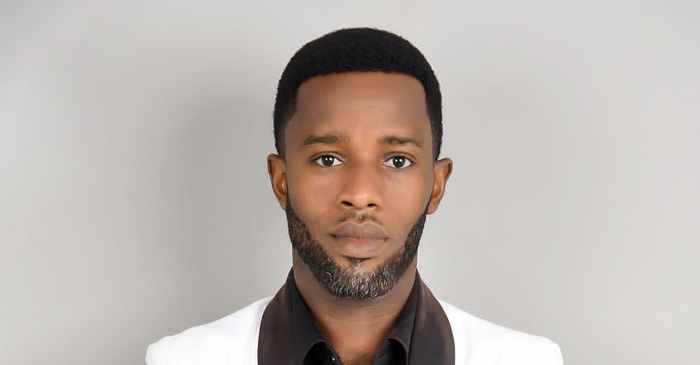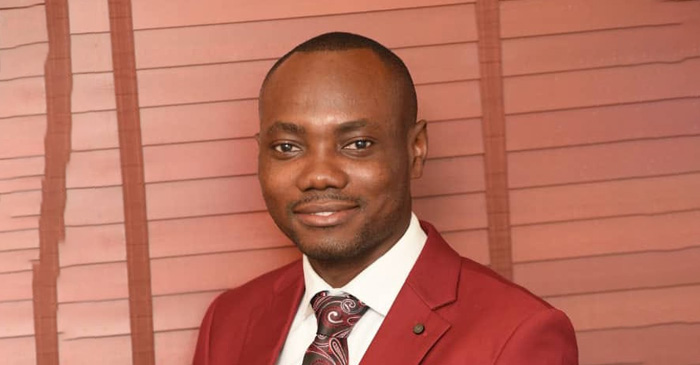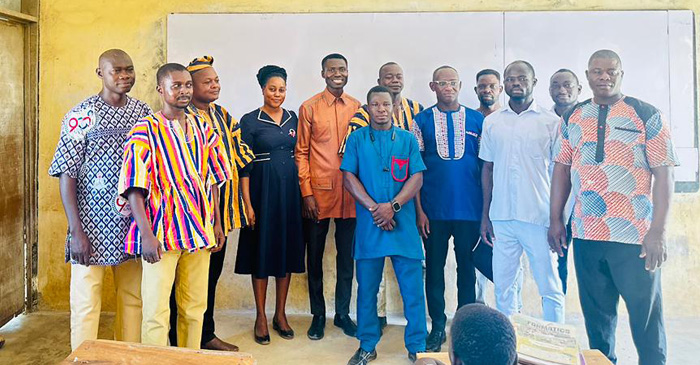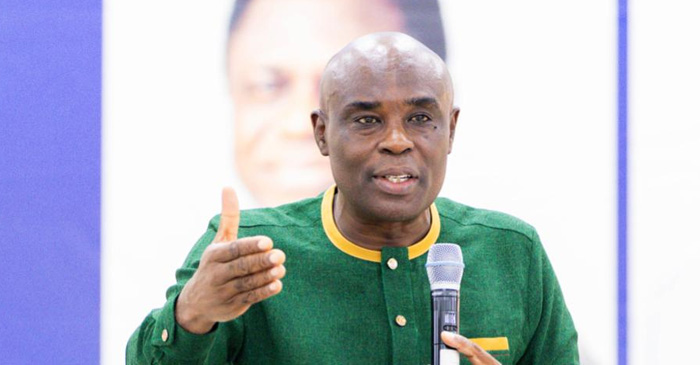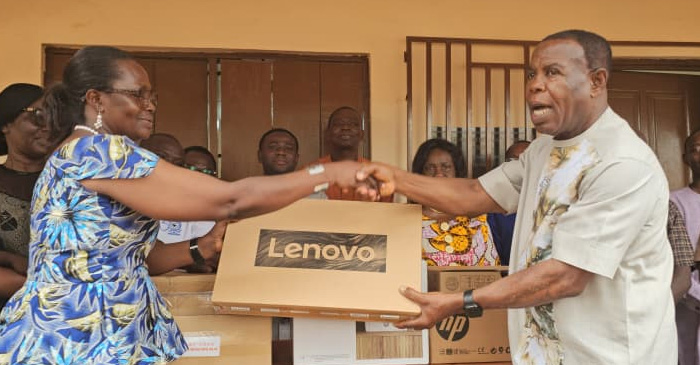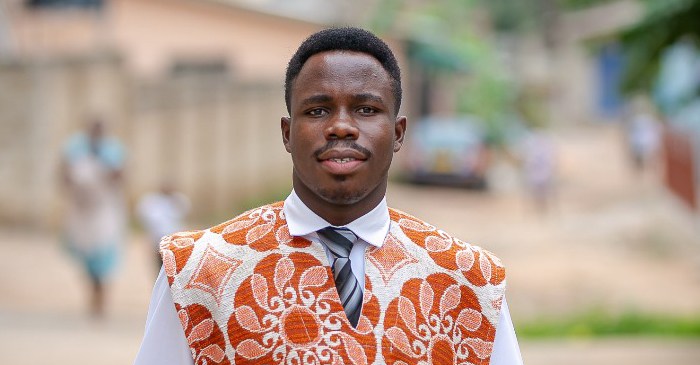
Peace is like the heartbeat of a nation—it sustains everything, especially during elections when emotions run high and divisions can easily deepen. It provides the foundation for free, fair, and credible elections. Ghana, known for its stable democratic transitions, must safeguard this peace to continue setting a positive example. From pre-election activities to post-election outcomes, every phase matters in maintaining harmony. Let’s explore some ways we can ensure that this peace remains intact.
HANDLING SENSITIVE ISSUES WITH CARE
Every citizen has the right to align with their preferred political party or express their views without fear. However, it’s inevitable that some political utterances will offend or provoke others. The key to preventing tension is proper conflict resolution mechanisms. Ideally, those who cause offense should apologize publicly or have a representative do so. But even if the offender fails to acknowledge their wrongdoing, opposition leaders must intervene, urging their supporters to avoid retaliation. Peace doesn’t mean avoiding conflict—it’s about managing it responsibly before things spiral out of control.
EDUCATING FOR PEACEFUL CIVIC ENGAGEMENT
It’s easy to get swept up in the passion of political movements, but voter education can help people make informed decisions rather than simply following the crowd. Civic education campaigns should emphasize peaceful participation and responsible voting, especially for the youth, who are often at the forefront of political movements. The press also plays a vital role, serving as a bridge between political leaders and the public by providing accurate information and encouraging informed discourse. With the right education, people will be more inclined to act responsibly.
ENSURING PEACE DURING THE VOTING PROCESS
Peaceful elections require the collaboration of all stakeholders—from election observers and monitors to security personnel and voters. Clear communication is essential to avoid misunderstandings, and any conflict must be addressed on-site before it escalates. The voting and collation processes should be transparent to build trust among the electorate.
Past experiences, such as the incidents in Techiman and Ayawaso West Wuogon during the 2019 and 2020 elections, offer critical lessons. These unfortunate events remind us that things can go wrong if not properly managed. Yet, we can also draw strength from Ghana’s success in organizing peaceful elections from 1992 to 2016. Thanks to these achievements, Ghana has become a respected model for peaceful elections across Africa, with some of its electoral officials being invited to assist other countries.
MANAGING POST-ELECTION REACTIONS GRACEFULLY
The real test of democracy often comes after the votes are counted. No election result will please everyone. Winners and losers alike must accept the outcome with dignity, no matter how difficult it may be. The way we behave after elections reflects the strength of our democracy. The losing side, in particular, must avoid using provocative language that could incite their supporters.
“There is only one tool that can turn a country upside-down, and that is neither a gun nor a ballistic missile but the rolling tongue in our mouths.”
The above quote underscores how powerful words are—they can either unite or divide. As such, communication during this time must be handled with care to prevent unnecessary chaos.
THE ROLE OF THE YOUTH IN SUSTAINING PEACE
Young people often lead the charge in political movements. Their energy is symbolized by the rallying cry, “Tsooooboii!”—a call to action for a cause. But this energy must be channeled toward constructive purposes. As the future leaders of the nation, the youth must resist manipulation by those who have little to lose if chaos ensues. True leadership is about building, not destroying. By staying focused on long-term goals, young people can help preserve the peace that Ghana has worked hard to achieve.
A CALL TO KEEP PEACE AT THE FOREFRONT
Even the Bible underscores the importance of peace in the prosperity of nations. Jeremiah 29:7 says, “Seek the peace and prosperity of the city to which I have carried you into exile. Pray to the Lord for it, because if it prospers, you too will prosper.” Political instability can undo years of progress, so we must strive to make peace our guiding principle in all electoral activities. A peaceful nation is a strong nation, and Ghana’s stability depends on our collective commitment to peace, no matter the political outcomes.
Let’s rise to the occasion, ensuring that the peace we enjoy today endures. By handling conflicts responsibly, educating citizens, ensuring transparency, and embracing unity, we can continue to build a stronger Ghana—one that thrives not only during elections but at all times. Together, we can choose peace and prosperity over division and destruction.
Written by Emmanuel Atsu Djissenou



